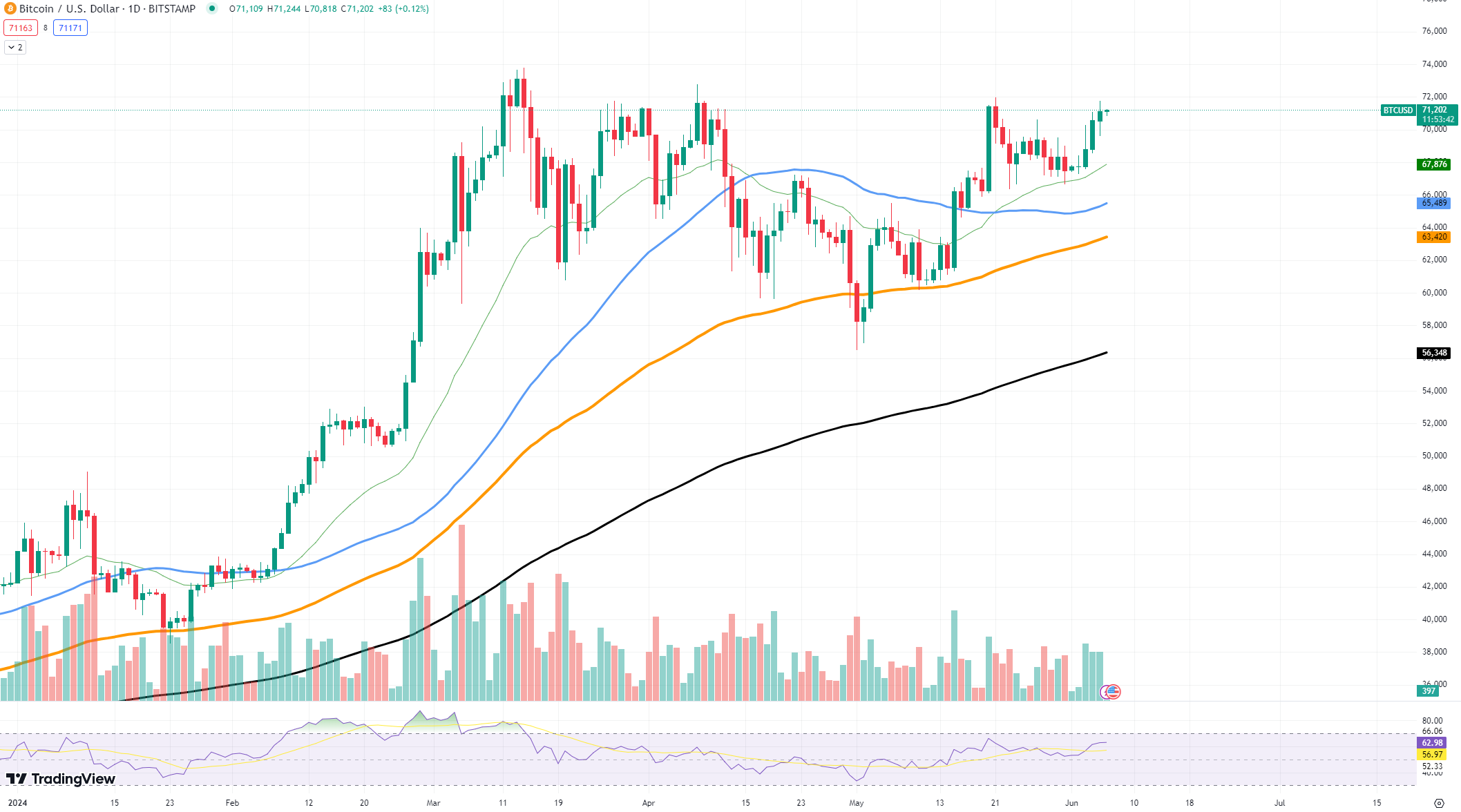
Disclaimer: The opinions expressed by our writers are their own and do not represent the views of U.Today. The financial and market information provided on U.Today is intended for informational purposes only. U.Today is not liable for any financial losses incurred while trading cryptocurrencies. Conduct your own research by contacting financial experts before making any investment decisions. We believe that all content is accurate as of the date of publication, but certain offers mentioned may no longer be available.
Henrik Zeberg has brought attention to a crucial viewpoint that has the potential to have a big impact on Bitcoin. Zeberg suggests that instead of concentrating only on the Federal Reserve's interest rate decisions, we should consider the departure of market yields. Historically, the Fed has followed market yields rather than set them.
Super Bearish RSI structure: Significantly more bearish than it was prior to the financial crisis, the Relative Strength Index (RSI) is currently displaying a severe lack of optimism on the market. This may cause major changes in investment and financial strategy.

BTC/USD Chart by TradingView Soaring two-year yields: Zeberg believes that two-year yields will sharply decline. The Fed is anticipated to continue this downward trend in yields, notwithstanding the rate of inflation that is currently in place. This is significant because it suggests a possible change in monetary policy that might be advantageous to Bitcoin.
Approaching recession: Usually, the Fed will lower interest rates to boost the economy as the recession draws nearer. Zeberg notes that there is usually a window of five to six months before a recession starts when the Fed begins to cut rates. For Bitcoin investors, this could be a tactical advantage during a pivotal period for financial markets.
Advertisement
How can Bitcoin benefit?
Bitcoin is a popular store of value during uncertain economic times and possible currency devaluations. Demand and prices for Bitcoin may rise as a result of investors turning to it as an alternative to conventional assets.
Inflation protection is one of the main uses for Bitcoin. Inflationary pressures may intensify as the Fed lowers rates in an effort to boost the economy.
Decentralized finance (DeFi) is becoming more and more popular as traditional financial systems become more stressed.
Increased speculative investment is frequently the result of market instability. Due to its history of sharp price fluctuations, Bitcoin draws traders and investors hoping to make quick money or simply gain more exposure to volatility.

 Dan Burgin
Dan Burgin U.Today Editorial Team
U.Today Editorial Team